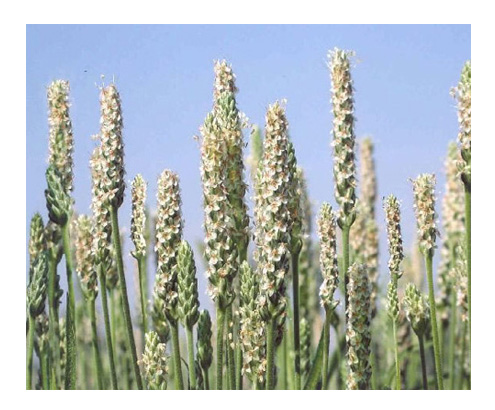
Benefits
1.Both seeds and Husk are used as demulcent laxative, emollient.
2.Also used in the treatment of chronic constipation, amoebic and bacillary dysentery.
3.Psyllium has got antidiuretic properties.
4.Psyllium has got cool, soothing, harmless effect.
5.Psyllium is used as anti-acidic, stabilizer and sizer.
6.It contents natural fibers which has got the ability to decrease symptoms of fatigue loss of energy and other severe health.
7.It eliminates chemicals, toxic and waste product of the body.
8.It is also used to lower the cholesterol.
9.Psyllium seed husks are indigestible in human beings and are often used as a source of dietary fiber. Dietary fiber, formerly unrecognized for its health benefits, has received much attention as of late. It is widely accepted as playing a significant role in reducing total blood cholesterol, thereby decreasing the risk of coronary heart disease, and in helping to alleviate numerous bowel disorders.
10.Dietary fiber can be divided into two basic categories, soluble and insoluble. Soluble fiber dissolves in water, and insoluble fiber, as the term describes, does not. Both soluble and insoluble fiber provides bulk in the large intestine and encourages bowel regularity. However, there are, it seems, some quite important additional benefits to be derived from the effects of soluble fiber on the digestive system and on cholesterol. Psyllium is a natural, water-soluble, gel-reducing fiber which is extracted from the husks of blond Psyllium seeds (plantago ovata). Psyllium is a member of a class of soluble fibers referred to as mucilages. Mucilages, which retain water, tend to be rather thick and jelly-like in nature. Also in the mucilage family is guar gum, an ingredient in most beans. It is used as a stabilizing and thickening agent in many salad dressings, soups, lotions, and creams. Another commonly used dietary fiber is wheat bran, which is, for the most part, insoluble and classified as a cellulose fiber. Also widely used are oat bran, a hemicellulose fiber, and apple pectin, both of which are water soluble.
11.The water-soluble fibers such as Psyllium, oat bran, apple pectin, and guar gum have demonstrated ability to lower blood cholesterol levels. Theories concerning how this is accomplished include the ability of water-soluble fiber to increase the secretion of cholesterol through the bowel, to limit cholesterol levels, and to bind to and absorb bile acids in the intestine. The water insoluble fibers, wheat bran, for example, have not exhibited the same success in lowering cholesterol as have water-soluble fibers.